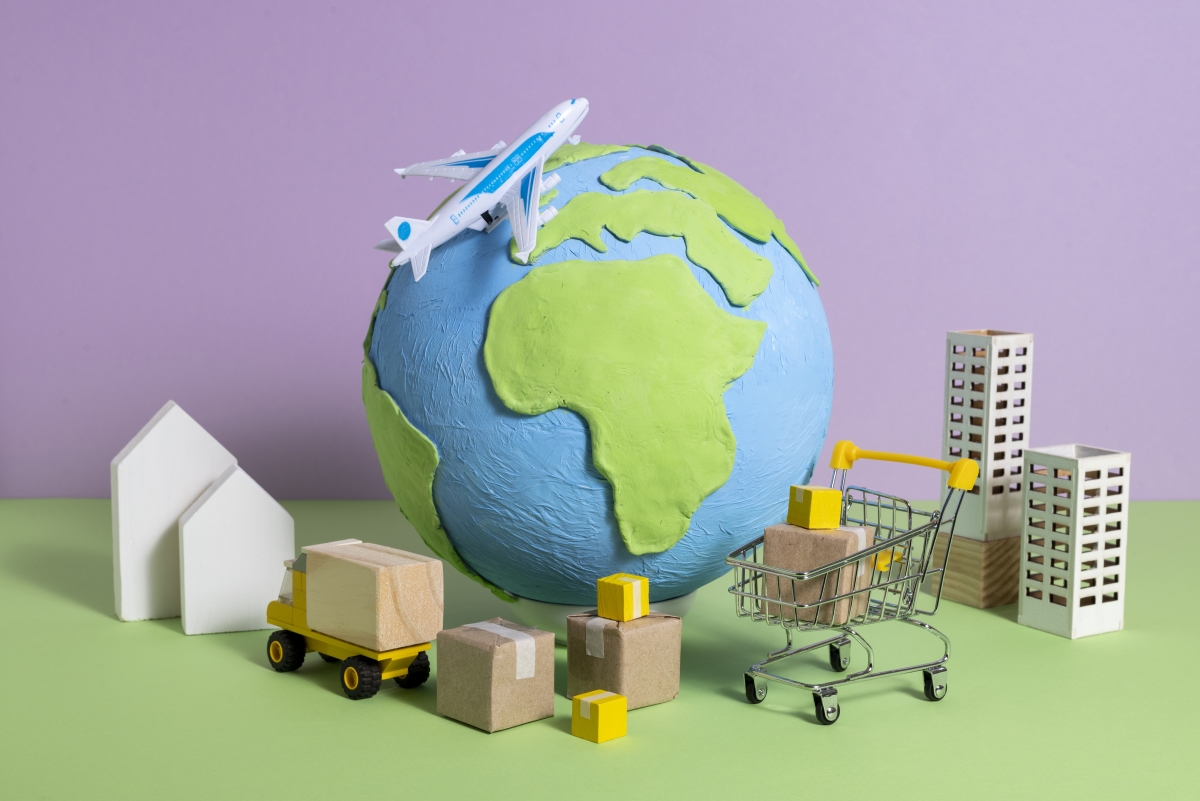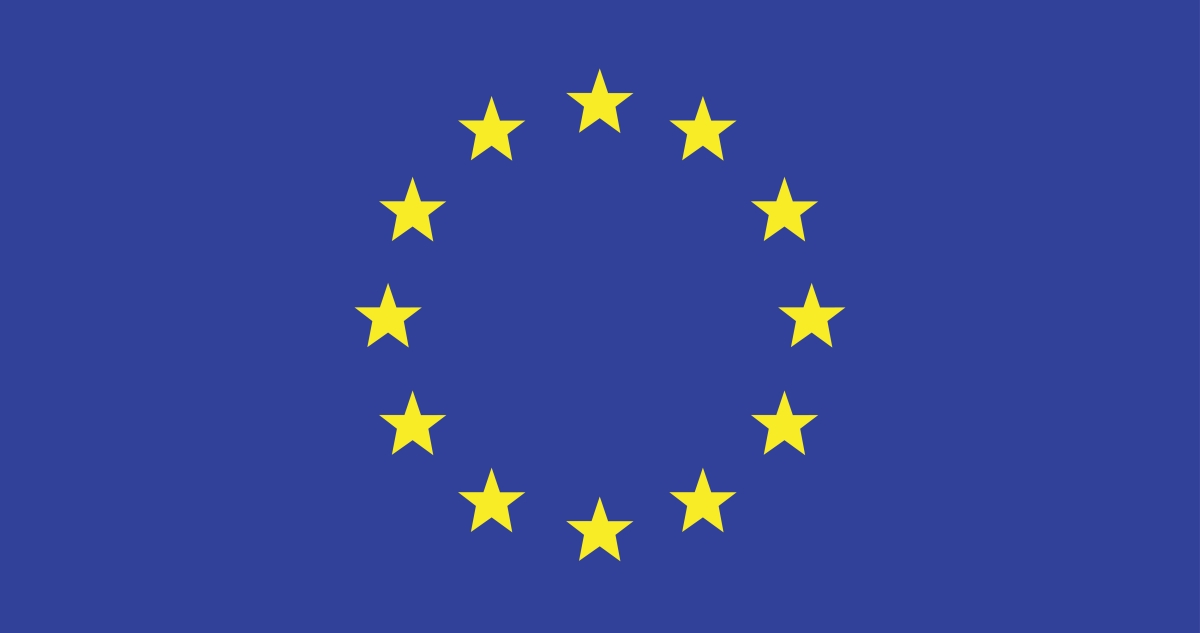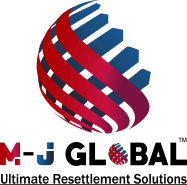What Europe must do to endure in a world that is changing
What Europe must do to endure in a world that is changing
A changing international order is characterized by a number of factors, including the expanding trend of de-dollarization, China’s economic resiliency, unprecedented flows of gas and oil, and the opening of new markets as a result of active geopolitical flashpoints worldwide.
A shifting global order often includes new alliances, and Europe stands to gain from these developments. We must first comprehend the nature of the world order and how it is evolving.
A world order: what is it?

You wouldn’t hear about it in movies or conspiracy theories. It is not a vast system of affairs run by a small group of individuals. The power relationships, laws, and conventions among nations, international organizations, and other global players are referred to as the “world order.” It has several features, including power structures, international organizations, security plans, diplomatic efforts, cultural and ideological contexts, economic systems, and laws.
What embodies a shifting global hierarchy?
A shifting global order takes many different manifestations. Changes in power, for example, are a key indicator pointing to this shift. A prime example of this is the emergence of China as a major economic force. Additional signs might be a worldwide emergency like the COVID-19 epidemic, which altered not just the course of the world economy but also our way of life and the way businesses run. Another sign of a shifting global order is the recent development and proliferation of artificial intelligence and machine learning (thanks to the introduction of chatbots like Google Bard and ChatGpt). This has ramifications for everything, including election outcomes and the DeepFake videos that violate our privacy.
Sands moving in Europe

In order to maintain its position in the international community in the face of several rising trends and shifting boundaries, Europe must take the time to restructure its relationships with the following areas.
Asia and Europe
The Asian region has developed at an exceptionally rapid pace, making it an important player on the world stage. Asia is home to many of the biggest economies in the world as well as the majority of the global reserves for international commerce. Carrying ten times the population of Europe, it makes up 60% of the global population. Therefore, trade and investment cooperation—which fosters economic interdependence and prosperity—are the primary determinants of the connection between Europe and Asia.
BRICS and Europe
In light of the emergence of the Global South as embodied by Brazil, Russia, India, China, and South Africa (BRICS), Europe must strengthen its links with these countries in order to capitalize on each in complementary ways. Collaboration with Gulf partners, for instance, may support the energy market; with South African states, it can provide access to a wealth of natural resources; and with India, it can counterbalance the power of China in the area.
China and Europe
Europe and China appear to be very different from one another when it comes to collaboration and cooperation because of their ongoing tendency toward mistrust. China is concerned, and its Foreign Minister Wang Yi stated as much in October of last year, saying, “China hopes that the European Union (EU) will adopt a more pragmatic and rational attitude in cooperation with China.”
China’s dominance in geopolitics, technology, and the economy can be balanced if Europe can successfully adopt a “more pragmatic and rational attitude” with China. Both states can uphold cooperation and communication while keeping in mind their core interests and concerns, even though they have differing opinions on local and global matters.
The Middle East and Europe
Europe has a difficult time breaking into the Gulf countries’ marketplaces given the shifting trends in the Middle East and the expanding influence of China. Europe has to concentrate on the climate and tech-focused partnership, as it is an important trading partner for Egypt, Turkey, and Jordan, to ensure energy efficiency and the creation of sustainable energy. Europe’s main priority should be to promote connectivity throughout the area in order to ensure its own energy needs in order to withstand the shock of a shifting global order.
M-J Global is the best visa agent in Dubai,Oman and Qatar and best immigration consultant in Oman,Dubai and Qatar.It is the most trusted immigration agency in middle east and the business migration agent in Oman,Dubai and Qatar.M-J Global is the best registered Immigration Agent in Dubai,Oman and Qater.

